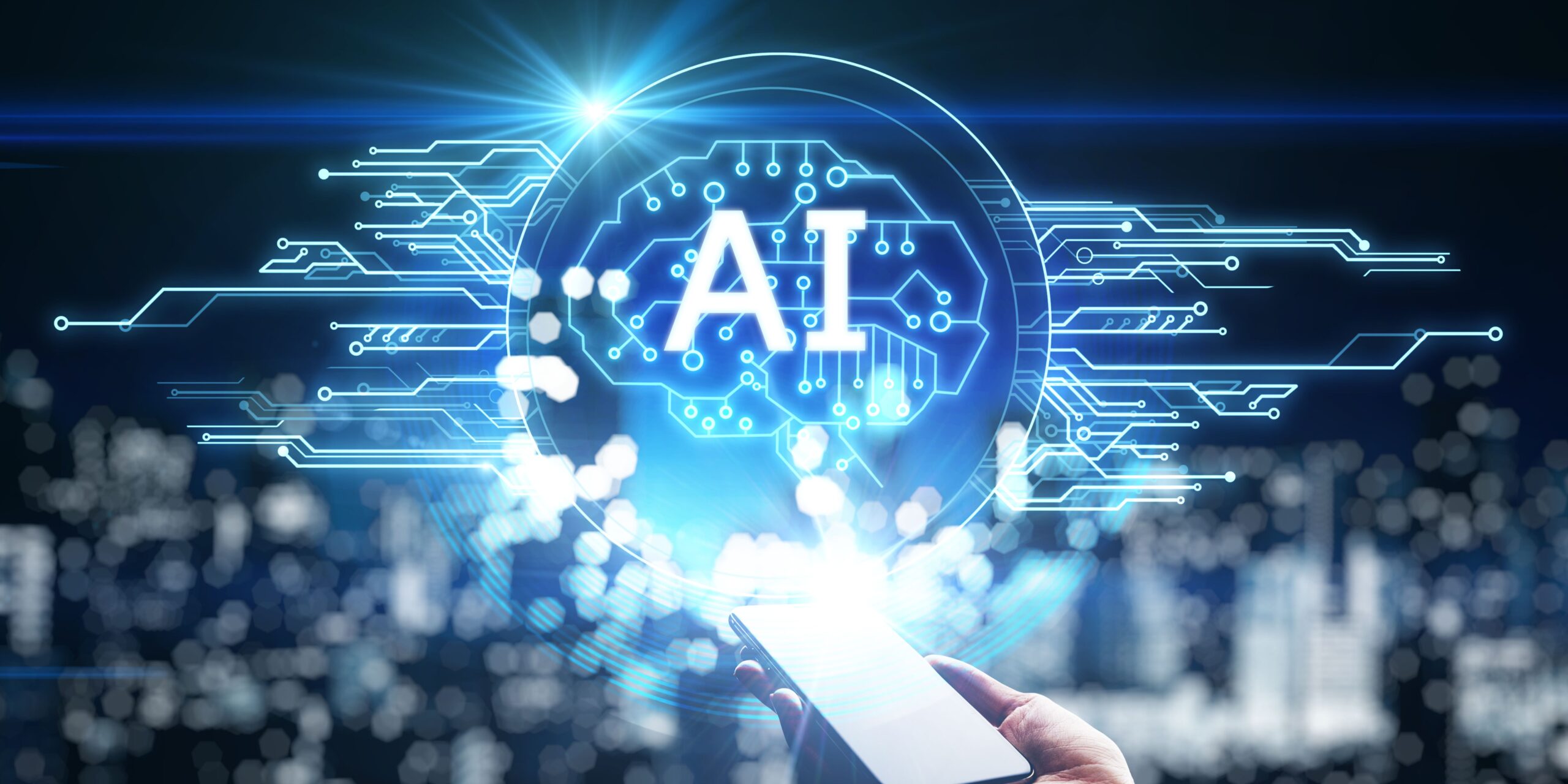Technology is not going to save us. Our computers, our tools, our machines are not enough. We have to rely on our intuition, our true being.
Joseph Campbell
The use of artificial intelligence (AI) has raised a number of ethical concerns that need to be addressed to ensure that its deployment aligns with fundamental moral values and respects the rights and dignity of all individuals involved. Some of the key ethical issues related to the use of AI include:
1. Bias and discrimination:
AI systems can reproduce and amplify human biases and discrimination, leading to unfair and unjust outcomes for certain groups of people. Developers need to be aware of these issues and take steps to prevent or mitigate them.
2. Privacy and security:
AI systems often require access to sensitive personal information, and there is a risk that this information could be misused or compromised. Appropriate measures must be taken to protect the privacy and security of this information.
3. Accountability and transparency:
AI systems can be opaque and difficult to understand, making it challenging to identify and correct errors or biases. Developers must be transparent about how their systems work and ensure that they can be held accountable for their actions.
4. Social impact:
AI has the potential to disrupt and transform many aspects of society, including employment, healthcare, and education. Developers need to consider the potential social impact of their systems and work to minimize any negative consequences.
5. Autonomous decision-making:
As AI systems become more advanced, they may increasingly make decisions autonomously, without human intervention. This raises questions about who is responsible for the outcomes of these decisions and how they can be held accountable.
——————————————————————-
To address these ethical concerns, there is a growing movement towards the development of ethical AI frameworks and guidelines to help ensure that AI is deployed in a responsible and ethical manner.
Many organizations are calling for greater collaboration and engagement between stakeholders, including developers, policymakers, and civil society, to ensure that the benefits of AI are shared equitably and that the risks are minimized. Here are some examples of frameworks that have been implemented by organisations and governments around the world:-
- The European Union’s Ethics Guidelines for Trustworthy AI: The guidelines set out seven key requirements for ethical AI, including transparency, accountability, and human oversight.
- The IEEE Global Initiative on Ethics of Autonomous and Intelligent Systems: The initiative aims to develop standards and guidelines for ethical AI across a range of industries and applications.
- The Partnership on AI: The partnership brings together companies, nonprofits, and academic institutions to collaborate on the development of ethical AI frameworks and promote best practices in the field.
- The Montreal Declaration for Responsible AI: The declaration sets out ten principles for the responsible development and deployment of AI, including the promotion of human rights and social good.
- The AI Now Institute’s Ethical AI Checklist: The checklist provides a set of questions that organizations can use to evaluate the ethical implications of their AI systems, covering issues such as bias, accountability, and transparency.
These frameworks and guidelines provide a useful starting point for ensuring that AI is developed and deployed in an ethical manner. However, it is important to note that they are not a panacea and that ongoing dialogue, collaboration, and evaluation are necessary to ensure that AI is used ethically and in ways that promote social good and respect human rights.

